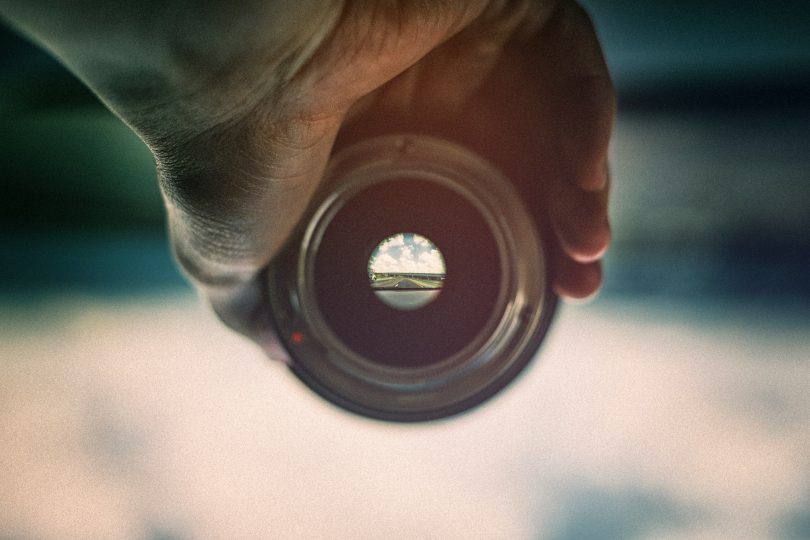Andrew Budson and Elizabeth Kensinger, brain scientists, explain how to improve your memory in their book “Why We Forget and How to Remember Better.” Here are some of their research-based solutions. Why not give them a try?
- If you want to master a new skill (such as tennis or bridge) . . . spend a small amount of time several days a week rather than an extended amount of time less frequently. Our brains process what we learn when we sleep. Our brains also help reinforce what we learn. So, learning something over a longer number of sleep cycles benefits your recall. This rule for what’s called “procedural memory” applies equally to studying for an exam. You’re likely to get better results if you do so over an extended period of time than to cram.
- If you want to improve memory . . . consider six weeks of exercise. Exercising expands the volume of our hippocampus, which is vital for our memories; it also releases growth factors in our brains. When you exercise, you increase a “brain-derived neurotrophic factor” chemical that is thought to boost the number of brain cells in your hippocampus and its volume. Brain cells tend to shrink in number as you age. Exercising is thought to reverse that shrinkage by as many as two years, improving memory function.
- If you pay attention . . . you will likely have fewer memory lapses and remember more. To better remember, you need to encode details. If you don’t pay attention, features are not encoded in your memory.
- Calling up a memory . . . can slightly or even radically change the memory. Memories evolve. Your memory of an episode over the long-term is encoded, stored and then retrieved. But, your memory does not end with its retrieval. When you retrieve a memory, you are newly encoding it and updating it with whatever new information you have gathered.
- We hold numeric memories in three or four chunks of two numbers. That’s why phone numbers used to be seven digits.
- Avoid multitasking . If you multitask, you will weaken your memory. That said, listening to two things at once is harder on your memory than listening and looking at the same time. We have different storage systems for different types of information. Verbal and visual information in our working memory rely on systems in different locations of the brain. Verbal information is stored in the left part of the brain primarily. Visual information is stored in the right part of the brain.
- Relax! Trying to remember someone’s name from a while ago? Think about the last time you saw the person and what you know about the person. Stressing out about the name will make it harder to recall it because stress causes you to think about the stress and deprioritize what you are trying to remember. Interestingly, it is also not helpful to come up with possible names. Having so many names to consider prevents us from recalling the correct name. We often recall the correct name later, after we are no longer caught up in a sea of possible names. (If you’re trying to keep in mind the name of someone you just met, try visualizing it.)
- If you want to maximize your ability to store facts in your memory . . . go to sleep. Sleeping frees up memory space in your brain. Your hippocampus, which stores your memories and helps your retrieve them, can only hold so many new memories. But, your cortex takes over from your hippocampus in calling up memories when you are sleeping and stores these memories over the long-term. This also frees up space in your hippocampus for new memories.
- If you want to protect your memory . . . don’t take weed. THC in cannabis impairs memory, However, some studies suggest that CBD can improve episodic memory.
- If you want a strategy for remembering . . . try this advice from the ancient Greeks. It’s called a “memory palace” or “method of loci.” Pull up a visual memory of a building or home you know well. Now, in your mind, put things you want to recall into the building in different rooms, in the order that you want to recall them.
Here’s more from Just Care:










